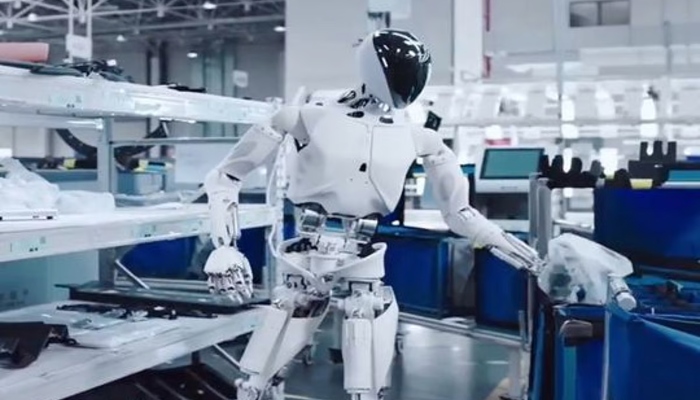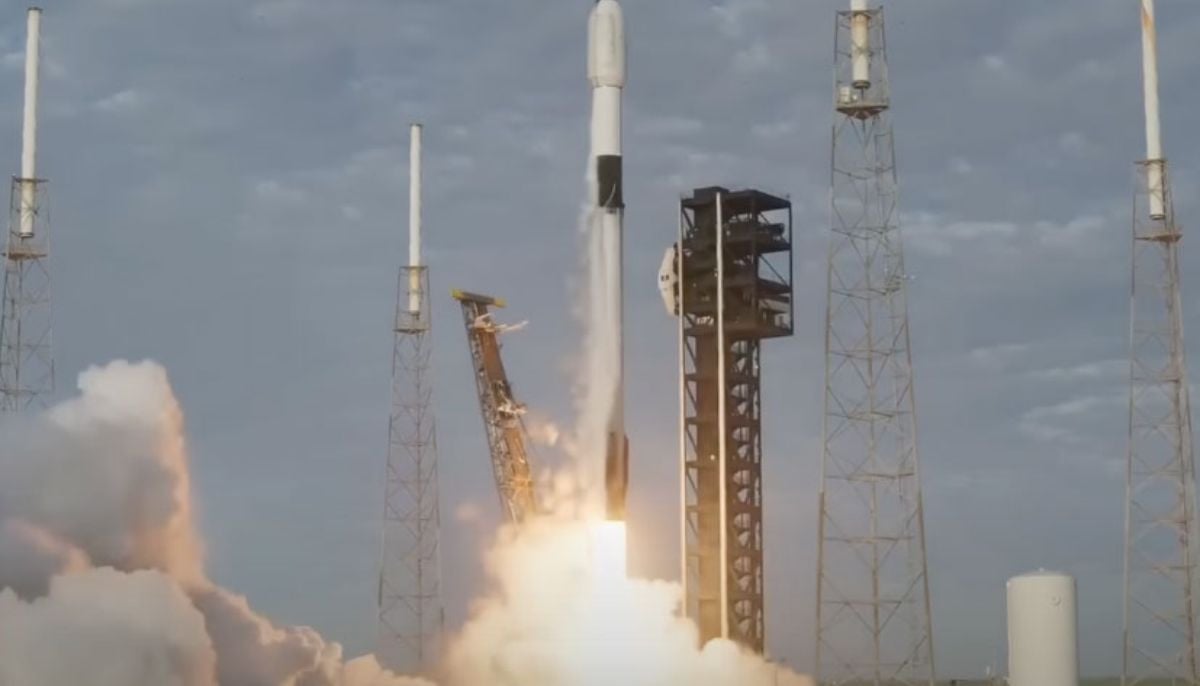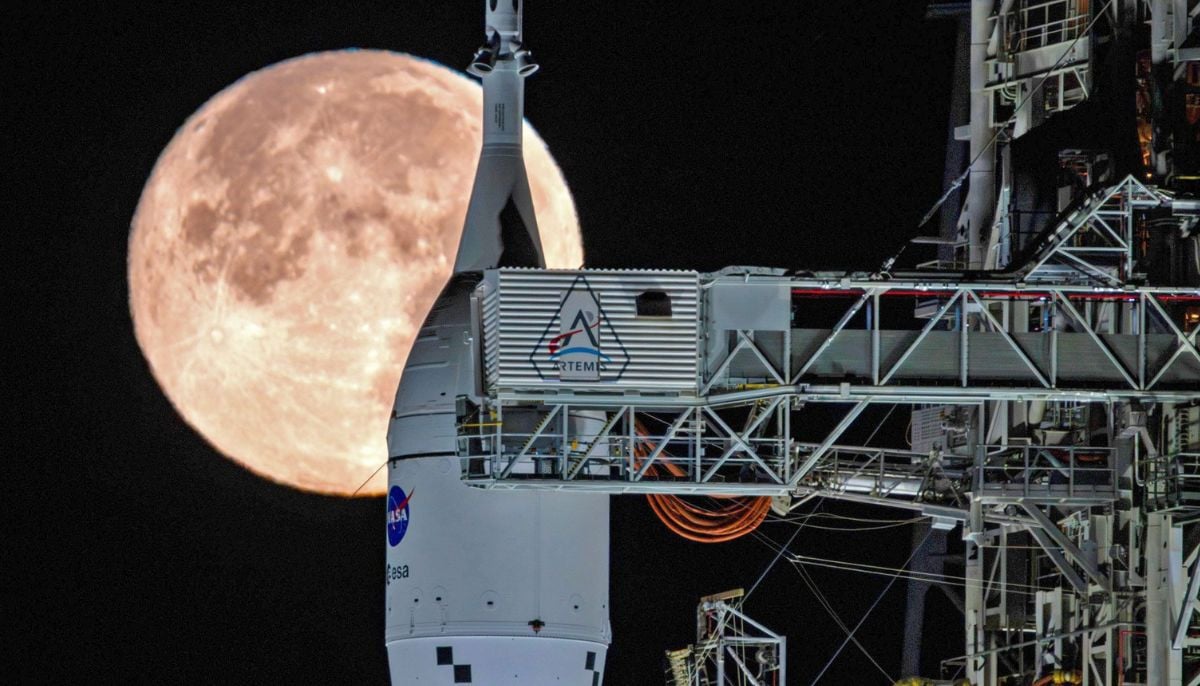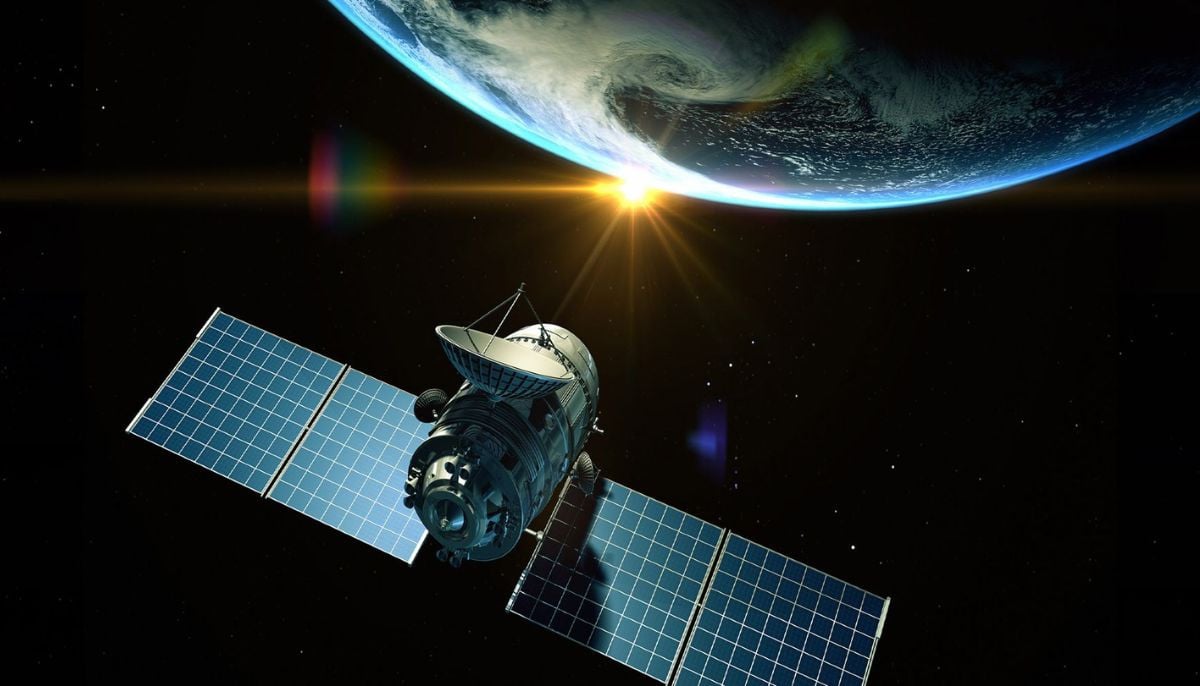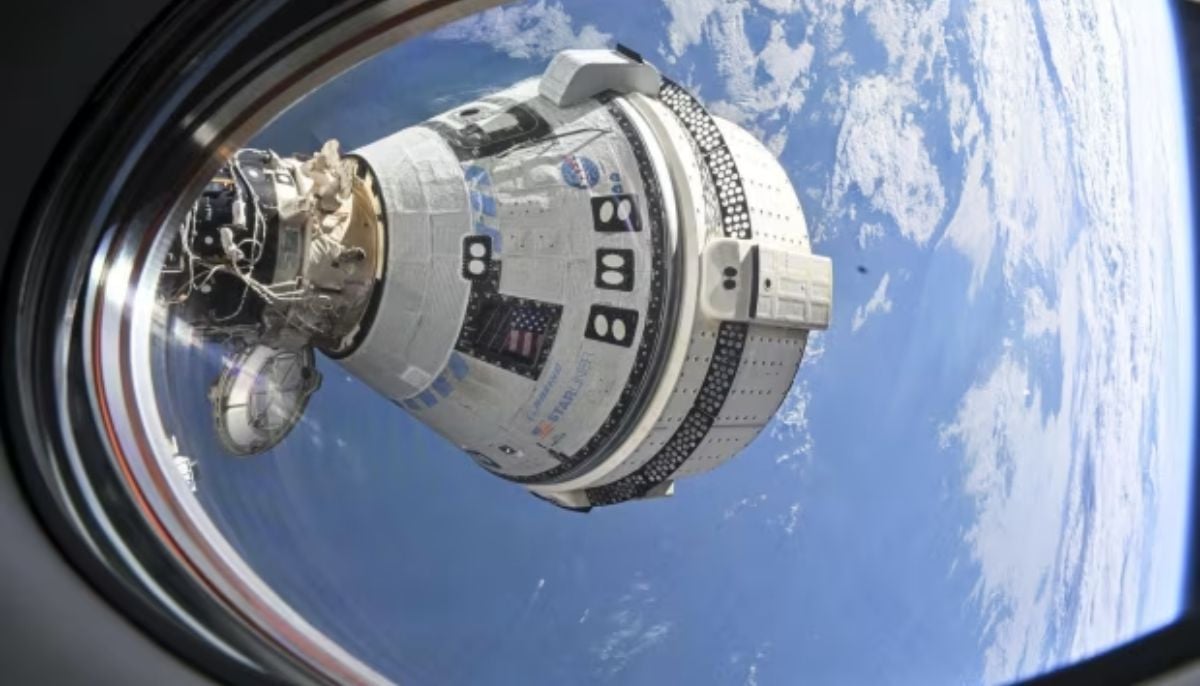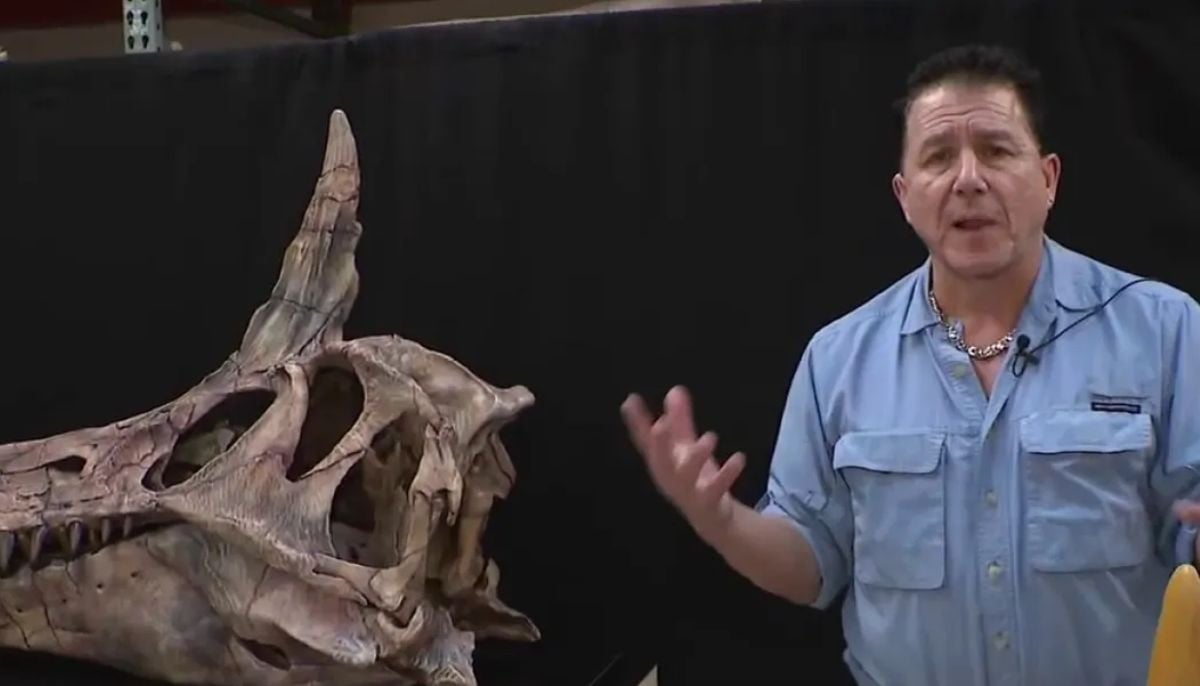China's EV company mulls $13.8bn investment in humanoid robots
Xpeng has been working in humanoid robot industry for five years, may continue to be in business for "20 more years"
The CEO of Chinese electric car manufacturer Xpeng views humanoid robots as a long-term project and is contemplating significant investments that might reach 100 billion yuan ($13.80 billion), the Chinese state media reported on Monday.
On the sidelines of the annual parliamentary session, Xpeng CEO He Xiaopeng stated that the company was prepared to make far larger investments, even though its current investment may be viewed as conservative because it was in the initial stages of entering the industry, according to the Securities Times.
"Xpeng has been working in the humanoid robot industry for five years, may continue to be in the business for another 20 years, invest additional ¥50 billion and even ¥100 billion," He said, without disclosing the company's current investment.
The Guangzhou-based EV maker entered the humanoid robot industry in 2020 and unveiled its humanoid Iron in November to rival Tesla Bot.
Xpeng is among an increasing number of automakers betting on humanoids, which Chinese policymakers have signalled as an area they want to see tech breakthroughs in.
Stellantis-backed Leapmotor has set up a robot team of dozens of people, which is currently in the pre-research stage, CEO Zhu Jiangming told reporters on Tuesday. The products are aimed at adoption in industrial scenarios such as Leapmotor factory assemblies where robots can replace human to improve work efficiency.
Automakers could invest ¥1-2 billion per year in applicable scenarios to deploy humanoid robots, according to He, the Economic View report said on Tuesday.
-
Hidden ‘dark galaxy' traced by ancient star clusters could rewrite the cosmic galaxy count
-
Astronauts face life threatening risk on Boeing Starliner, NASA says
-
Giant tortoise reintroduced to island after almost 200 years
-
Blood Falls in Antarctica? What causes the mysterious red waterfall hidden in ice
-
Scientists uncover surprising link between 2.7 million-year-old climate tipping point & human evolution
-
NASA takes next step towards Moon mission as Artemis II moves to launch pad operations following successful fuel test
-
Spinosaurus mirabilis: New species ready to take center stage at Chicago Children’s Museum in surprising discovery
-
Climate change vs Nature: Is world near a potential ecological tipping point?
